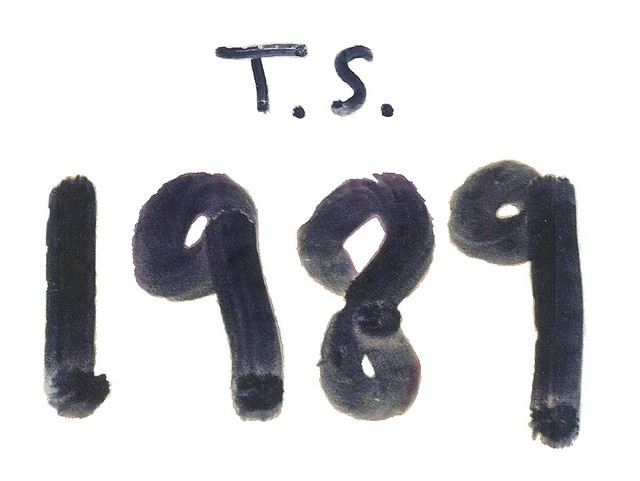It was a big deal when Taylor Swift announced she was pulling all her music from her new album, 1989, except one song late 2014. Time did a great piece on the story and took some great quotes from her on what her reasoning was for not supporting the very popular streaming service.
In my opinion, the value of an album is, and will continue to be, based on the amount of heart and soul an artist has bled into a body of work, and the financial value that artists (and their labels) place on their music when it goes out into the marketplace. Piracy, file sharing and streaming have shrunk the numbers of paid album sales drastically, and every artist has handled this blow differently.
Swift also argued in her piece that free or virtually free songs are at odds with what music really means:
Music is art, and art is important and rare. Important, rare things are valuable. Valuable things should be paid for. It’s my opinion that music should not be free, and my prediction is that individual artists and their labels will someday decide what an album’s price point is. I hope they don’t underestimate themselves or undervalue their art.
I recently came across a piece of news that was buried to me at the time and that was the response of Spotify CEO, Daniel Ek, see below for an excerpt from the Spotify official website:
Taylor Swift is absolutely right: music is art, art has real value, and artists deserve to be paid for it. We started Spotify because we love music and piracy was killing it. So all the talk swirling around lately about how Spotify is making money on the backs of artists upsets me big time. Our whole reason for existence is to help fans find music and help artists connect with fans through a platform that protects them from piracy and pays them for their amazing work. Quincy Jones posted on Facebook that “Spotify is not the enemy; piracy is the enemy”. You know why? Two numbers: Zero and Two Billion. Piracy doesn’t pay artists a penny – nothing, zilch, zero. Spotify has paid more than two billion dollars to labels, publishers and collecting societies for distribution to songwriters and recording artists. A billion dollars from the time we started Spotify in 2008 to last year and another billion dollars since then. And that’s two billion dollars’ worth of listening that would have happened with zero or little compensation to artists and songwriters through piracy or practically equivalent services if there was no Spotify – we’re working day and night to recover money for artists and the music business that piracy was stealing away.
When I hear stories about artists and songwriters who say they’ve seen little or no money from streaming and are naturally angry and frustrated, I’m really frustrated too. The music industry is changing – and we’re proud of our part in that change – but lots of problems that have plagued the industry since its inception continue to exist. As I said, we’ve already paid more than $2 billion in royalties to the music industry and if that money is not flowing to the creative community in a timely and transparent way, that’s a big problem. We will do anything we can to work with the industry to increase transparency, improve speed of payments, and give artists the opportunity to promote themselves and connect with fans – that’s our responsibility as a leader in this industry; and it’s the right thing to do.
We’re trying to build a new music economy that works for artists in a way the music industry never has before. And it is working – Spotify is the single biggest driver of growth in the music industry, the number one source of increasing revenue, and the first or second biggest source of overall music revenue in many places. Those are facts.
Spotify Article HERE
Time Magazine Article HERE





No comments yet... Be the first to leave a reply!